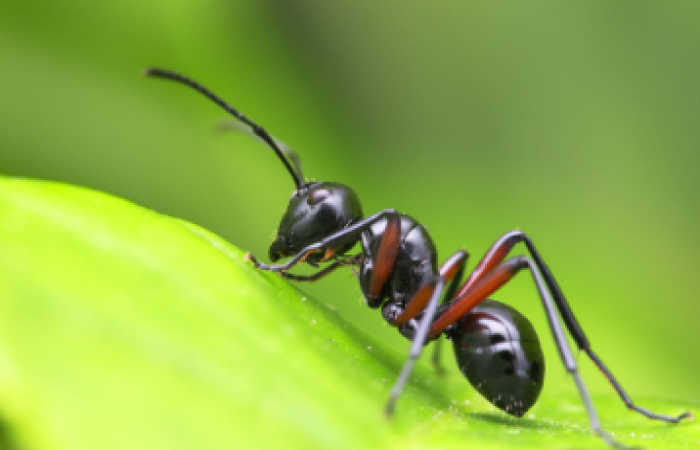
Smuggling Ants for Profit
When you think of high-value smuggling, your mind might leap to gold, diamonds, or exotic animals. But in a bizarre twist that reads like a Netflix docu-series plot, a group of international smugglers recently got caught trafficking... ants. Yes, ants—those tiny creatures you probably squish without a second thought. And each of them was worth a jaw-dropping $130.
This wasn't your average backyard ant. These were rare Polyrhachis armata, a highly sought-after species in the underground world of exotic insect collectors. Native to a small forested region in Southeast Asia, these ants have a glossy black armor-like body and a unique sting that releases a chemical said to have medicinal effects—though no science backs that up yet.
Believe it or not, there's a booming black market for exotic insects. Ant enthusiasts pay top dollar for rare colonies to showcase in ant farms, often ignoring biodiversity laws and customs regulations.
The smugglers in question had a seemingly simple but effective method. They hid the ants in tiny, ventilated containers labeled as "machine parts" or "samples" in international cargo shipments. It worked—until it didn’t.
Authorities became suspicious after a customs officer in Germany noticed movement in what was supposed to be a sealed box of electronics. Upon inspection, they found over 200 live ants carefully stored in glass tubes with food gel and moist cotton balls. Each ant was tagged with a micro QR code—likely for identification and pricing.
Interpol was notified, and the investigation traced the operation back to multiple countries. The ringleader? A 32-year-old entomology enthusiast turned trafficker who ran an online “ant auction” disguised as a rare pet marketplace.
The total haul: over 2,000 ants valued at more than $260,000. The smugglers were charged with multiple offenses, including violation of wildlife protection laws, biosecurity threats, and trafficking of endangered species.
Collectors say it’s not just about the ant. It’s about the colony, the behavior, and the "aesthetic" of the ant farm. Some of these insects are incredibly hard to breed in captivity, and their colonies can take years to grow. That rarity boosts their price tag, sometimes higher than designer handbags.
Environmentalists have warned that smuggling ants and other insects can have devastating effects on ecosystems. Non-native species introduced in the wrong environment can become invasive, outcompeting local species and disrupting entire food chains.
“It’s not just illegal—it’s ecological sabotage,” said Dr. Eliza Wei, a conservation biologist in Singapore. “Ants play a critical role in soil health, seed distribution, and decomposition. Removing them or placing them elsewhere can cause serious imbalance.”
Ironically, the very tech that enabled this ant-smuggling ring—QR coding, online auctions, and international payment gateways—is now helping authorities crack down on such crimes. AI is being used to scan customs data for unusual patterns, while blockchain is being explored to track the legal trade of rare insects and ensure sustainability.
So next time you see an ant crawling across your table, think twice. Somewhere out there, its cousin might be worth more than your phone—and someone’s probably trying to smuggle it halfway across the globe.
















